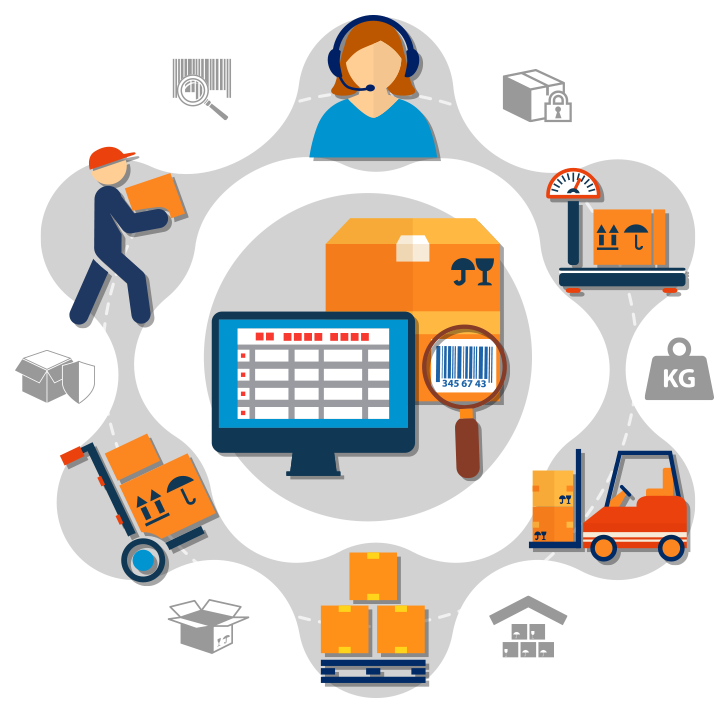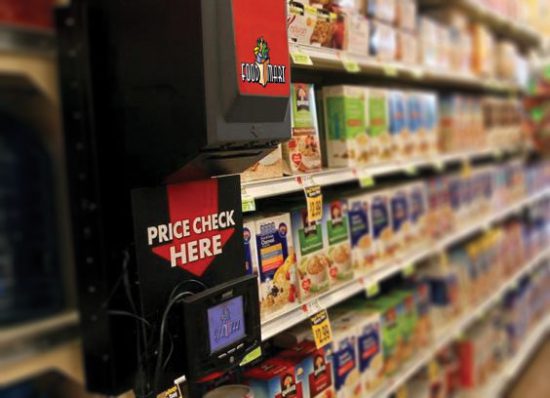
Job Tracking Solutions
Job tracking is a type of accounting software that allows firms to track costs by individual jobs. Job tracking is computed by adding up the costs of labor, supplies, and overhead for a particular project. Job Tracking, in other words, is a Tracking method used to establish the cost of specific jobs that are executed according to the customer’s criteria. It is a simple Tracking method that can be used where work comprises of separate projects or contract assignments.
What Exactly Is Job Tracking?
The technique of tracking costs and revenue for each particular project is known as job tracking, sometimes known as project-based accounting. Job tracking examines each project in depth, calculating the costs of labor, supplies, and overhead. It makes fewer assumptions than other techniques of tracking.
Job tracking is widely utilized in the construction business since expenses fluctuate greatly from one job to the next. However, it is also used by manufacturers, creative agencies, law companies, and other organizations. Because job Tracking analyses costs in detail for each task, it can be a useful tool for small business owners to evaluate specific jobs and determine if any expenses on comparable projects in the future can be lowered.
How do companies keep track of and generate task cost sheets?
Given the complexity of controlling costs for each job, most organizations have automated job sheet preparation using accounting software. Accounting software or MHI Job Tracking Solutions allows you to effortlessly manage and track different jobs by using barcodes or QR codes to identify individual jobs. Accounting software makes tracking material movement among occupations, consumption, and profitability easier. With rapid access to reports and summaries, informed decisions can be taken on time.
Job Tracking Advantages
- The cost of each job is calculated separately using job Tracking. This, in turn, aids in determining the profit or loss on each work.
- It allows management to identify which jobs are profitable and which are not.
Job tracking serves as the foundation for determining the cost of similar jobs to be performed in the future as part of future planning. - Comparing actual expenses to predicted expenditures, aids in cost management and control. In a nutshell, variance calculation.
The Benefits of Job Tracking
- Each job’s profitability can be calculated individually.
- As needed, provides a full cost analysis of materials, labor, and overheads for each job.
- The plant’s efficiency can be managed by focusing on costs associated with particular jobs.
- Aids in the creation of estimations
- Actual and expected costs are compared, and variations are calculated.
- Aids in the identification of unprofitable jobs
- It aids in providing an exact quote for a product.



Connect with us